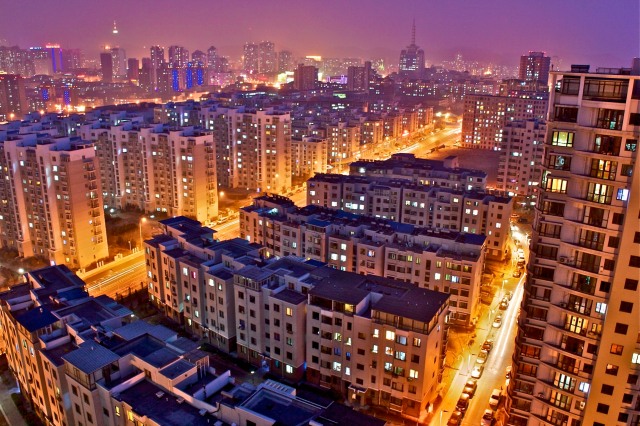John Fitzpatrick. About New China, the Koreas, Myanmar, Thailand, and also about Japanese and Chinese writers and poets. The main emphasis is on North Asia and the political tectonics of this very important, powerful, and many-peopled area.
Friday, 20 March 2015
Thursday, 19 March 2015
Chinese envoy brings up Thaad
Chinese envoy brings up Thaad
Seoul insists it wasn’t on the official agenda, so it wasn’t discussed
Mar 17,2015| Liu Jianchao |
Chinese Assistant Minister of Foreign Affairs Liu Jianchao met with Lee Kyung-soo, his Korean counterpart, at Seoul’s Foreign Ministry on Monday. After their talks, Liu told reporters that he had spoken with Lee about China’s concerns about possible deployment of the Terminal High Altitude Area Defense system, better known as Thaad.
“We had a very candid and free discussion on the Thaad issue,” Liu said. “China’s position was provided to Korea.”
He urged Seoul to seriously consider Beijing’s concerns about the missile shield.
“The United States and Korea should make a proper decision on the Thaad issue,” Liu said.
Thaad is a U.S. missile defense program designed to shoot down missiles closer to their point of origin than current defenses can. Both Beijing and Moscow are against deployment of a Thaad battery in Korea because they worry that its radar system, which can cover 1,000 kilometers (621 miles), could be used as a method of surveillance against them.
“Thaad was not an official agenda item between Seoul and Beijing,” said a Korean foreign ministry official. “We did not formally discuss it. China expressed its stance, and we, once again, explained our position that the United States has not made a request to send a Thaad battery here and no decision has been made.”
The official said the discussion on Thaad between Liu and Lee was brief and no details, such as reducing the range of the radar for the missile defense system, were discussed.
It is not the first time that a senior Chinese official expressed concerns about the Thaad deployment in Korea. During his visit to Korea last month, Chinese Defense Minister Chang Wanquan brought up the issue in talks with his Korean counterpart, Han Min-koo.
Sources have also told the JoongAng Ilbo that Chinese President Xi Jinping urged President Park Geun-hye to reject any U.S. request to deploy the system to Korea during a summit last year.
Seoul and Washington’s official position is that they haven’t even discussed Thaad deployment, although pressure has been applied publicly by several American officials.
Assistant Secretary of State for East Asian and Pacific Affairs Daniel Russel is also scheduled to arrive here on Monday, and it appeared almost certain that the Thaad deployment would be addressed by him in some manner. He will meet Tuesday with Assistant Foreign Minister Lee, who is also his counterpart.
The U.S. Forces Korea made a rare public admission last week that it had conducted studies to find suitable sites for a possible future deployment.
The JoongAng Ilbo reported last week that former commanders of the U.S. Forces Korea had tried to persuade National Assembly Speaker Chung Ui-hwa of the necessity to deploy Thaad during their meeting in Washington on March 6. Ahn Ho-young, the Korean ambassador to the United States, also attended the meeting, the report said.
Chinese Assistant Foreign Minister Liu told reporters Monday that he discussed with Lee yet another sensitive issue, Korea’s participation in China’s initiative to create the Asian Infrastructure Investment Bank (AIIB).
“I explained to him the progress of the AIIB and once again expressed our position that China hopes to have Korea as a founding member,” Liu said. “Korea said it will make a decision based on a comprehensive assessment on its actual economic gains.”
While China has pushed Korea to join the AIIB, Seoul has remained reluctant due to pressure from the United States. For Korea to join the AIIB as a founding member, it should make a decision before the end of this month.
Seoul is under increasing pressure from Washington to stay away from the plan following the British government’s decision last week to become a founder member.
The AIIB is envisioned as a new financial institution to rival the World Bank and Asian Development Bank.
BY SER MYO-JA [ser.myoja@joongang.co.kr]
Tuesday, 17 March 2015
“Lá fhéile Pádraig sona dhuit!”
"May we all live long
May we all live well
May the Royals all be blown to Hell
& Fuck the English Army".
ceart laidir abu!
Subscribe to:
Posts (Atom)
